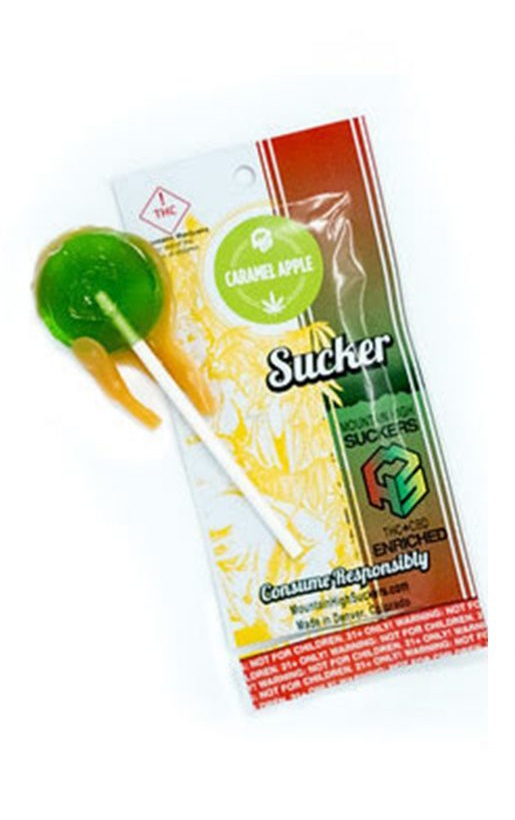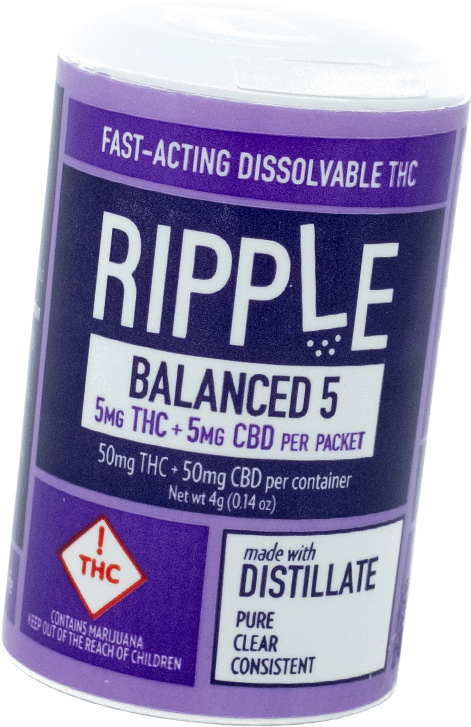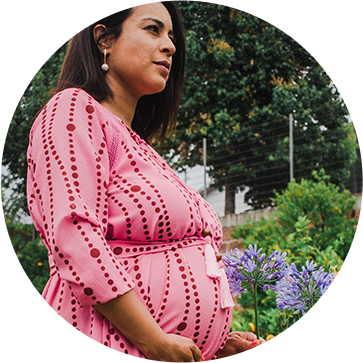
Marijuana’s
impact on kids
is real
This is not your
parent’s pot
Know what’s going on around the nation
Who we are
We were started as a nonpartisan nonprofit by concerned parents from Colorado, the first state to legalize recreational marijuana. Since 2013, we’ve earned a seat at the policy table to be the voice for kids. We don’t take sides on the politics of legalization but instead serve as a reliable resource for parents, media, policymakers, and all those who care about kids. We’re all about sharing what we’ve learned as more and more states make important and far-reaching policy decisions around marijuana—because protecting kids is something we should all agree on.



Proof of our progress to protect kids
Proof of our progress to protect kids






keep
kids
safe
Tell us your story and what’s happening in your community in the age of legalized marijuana. We’re here to help you protect the kids in your life and your community.
If you like what we do,
we need your help.
The marijuana industry spends many millions pushing its agenda. All the more reason to donate if you can. We are a 501(c)(3) nonprofit dependent on charitable contributions from concerned people like you.
Today’s
efforts.
Tomorrow’s
successes.

Skip it!
This campaign works to inform communities that the societal cost of commercialization outweighs any revenues marijuana sales bring. We empower local governments to opt out or limit marijuana commercialization to protect kids.

Marijuana-free zones
We work to create safe places for kids that are free from marijuana commercialization, decreasing the risk of normalization.
join the
cause

Pregnant and breastfeeding women
After helping pass the law requiring signage warning pregnant and breastfeeding women of risks, we provided free signs to dispensaries.

